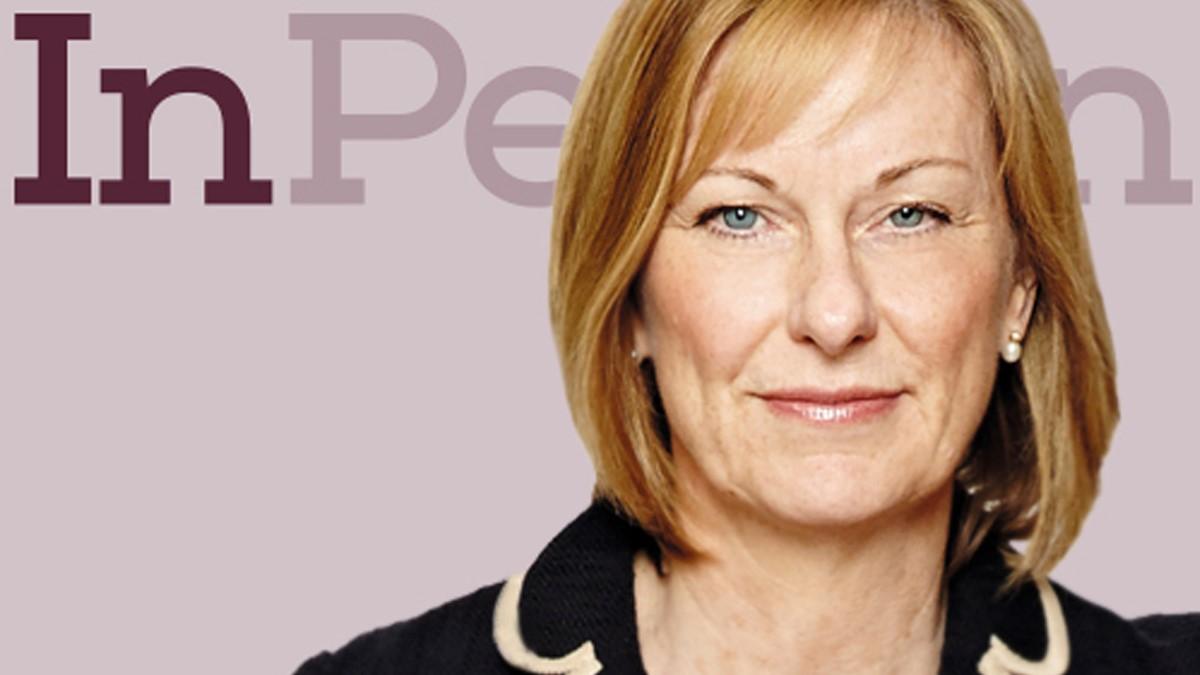Having AHPs at the top table would have only positive outcomes for patients and the NHS, says Karen Middleton
The AHP Federation is an umbrella organisation for professional bodies, such as the CSP, whose members work in the so-called allied health professions. We work collaboratively on areas of mutual interest where we can exert more influence through a collective voice than if we acted on our own.
There is a ‘body’ for Scotland, England and Northern Ireland. Meanwhile, Wales has two vehicles, a therapies committee and a scientific committee, which meet regularly with the Welsh government.
In England, the body has prioritised ensuring that AHPs have every opportunity to lead and influence at the highest levels. This is something I feel very strongly about and I want to be clear why.
It is not about status, pay grade or keeping up with other professions for the sake of it. But it is about improving patient care and outcomes and, quite possibly, ensuring the sustainability of the NHS.
I believe ensuring that AHPs have a legitimate voice at board level is critical for an organisation focused on maximising people’s potential to lead a full and independent life as they overcome injury and illness.
This is vital now for healthcare and will become even more important in the future, given the demographic time bomb we are facing.
There are three ways AHPs being at the top table legitimately will help. First, while AHPs can and do lead and influence at all levels of an organisation, given that the culture of an organisation starts at the top, it is critical that the AHP voice is legitimately there too. This will set the tone for a culture of empowerment, enablement and independence.
Second, diversity: I have talked a lot about why diversity in teams and boards is so important – it drives up performance and it avoids group-think. Successful organisations are those that proactively seek diversity in their governing bodies.
English law states that the two executive clinical directors on a foundation trust board have to be filled by one doctor and one nurse.
Of course, AHPs and other clinical professionals can fill other director roles, such as director of quality or patient safety, but they may not be executive (i.e. voting). AHPs being successful in these other roles is fantastic, but limiting the two executive roles sends out the wrong message.
My view is that these clinical roles should be opened up to all clinicians. I once explained all this to a secretary of state for health, who then asked me whether this was discriminatory. When the executive nurse or doctor could well be managing AHPs and others, he asked why couldn’t it be the other way round?
Third, and perhaps the main reason this is such an important issue, is because the NHS deserves the very best talent at the top it can get.
What other industry or sector would limit who it could choose from? It should be about the best person for the job - which may well be a doctor or nurse, but it might be a physio. It should absolutely not be about what clinical profession you are from.
Contact Karen
- You can email Karen at: enquiries@csp.org.uk
Number of subscribers: 1





































